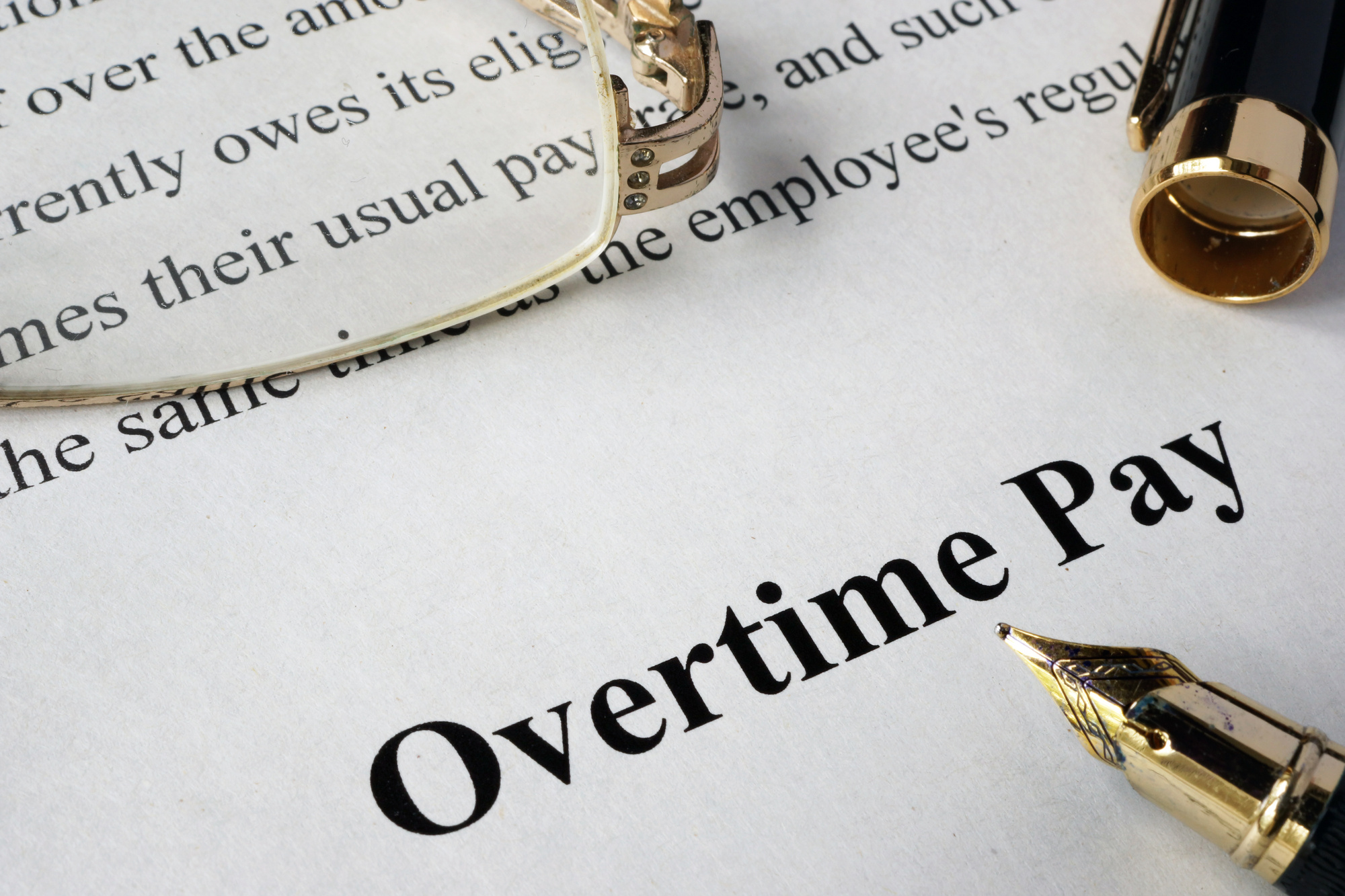Are you the type of business owner who expects to make a lot more money than your employees, or do you believe in equal pay? How do you expect to handle things like overtime or paid time off?
One of the many struggles of running a company is paying employees what they’re owed. If you’re a new startup, you won’t have a lot of business finances to work with. However, people won’t work for less than what they think they deserve.
Here’s how much you should pay employees and the various factors that can affect that number.
Average Pay Rates
If you’re unsure of how much to pay your employees, your best option is to check the average pay rates for your industry. You can find listings on job boards, look up pay rate statistics, or even talk to a financial specialist to learn more.
You also need to take into consideration things like the cost of insurance, business expenses, and the minimum wage in your area. Utilizing something like a time-tracking app can help further break down costs if you want to charge by the hour.
Percentage of Revenue That Goes to Salaries
Another way to determine how much goes towards paying employees is by using a percentage of your revenue. This is most useful as your business grows and you want to give out raises or promotions.
When you’re first starting out, you’ll likely go for the lowest amount possible so you have more operating expenses to work with.
Your Budget
Effective budgeting is key when running a company. It’s essential for determining pay rates as well as your operating expenses.
For example, you should consider each employee as an investment. Newer employees are often paid less than more experienced ones because they bring more risk. More skilled workers also expect more pay due to the time they’ve put into their training or education.
If your business is new, you may not have the budget to offer a high-paying position for new hires. However, you’ll have to consider pay raises for the future as your revenue increases.
How Overtime Is Calculated
Employees who work over 40 hours a week must get paid extra based on that time. The Fair Labor Standards Act states that they get at least one and a half times more than their regular pay.
However, salary workers are exempt from these stipulations. These include positions such as teachers, dentists, and taxi drivers.
Business owners must take overtime into account if they expect employees to work extra hours at any point.
Pay Employees Without Error
A happy employee is a hardworking one, and the best way to keep them happy is to pay employees a fair wage. Look into what your competitors pay their employees and base your own off of that. Try not to go too far over or under your budget.
TimeTrakGo is here if you need help with your employee management. Our product handles time off requests, GPS time tracking, scheduling, and more. Contact us with any questions and to sign up for a free 14-day trial.




